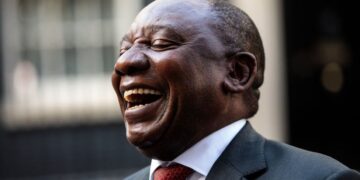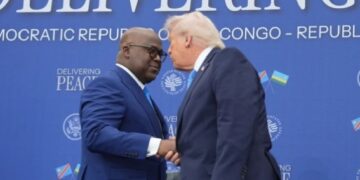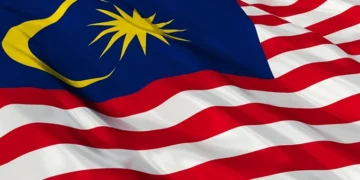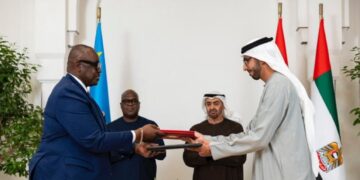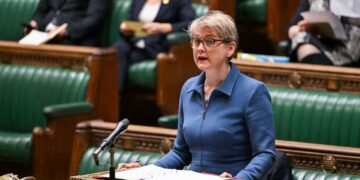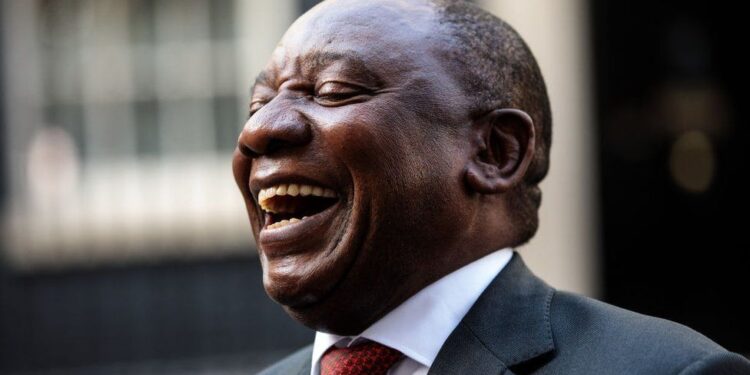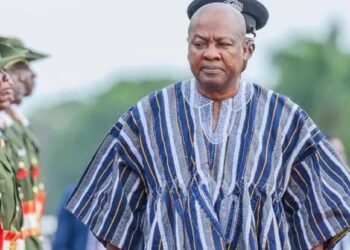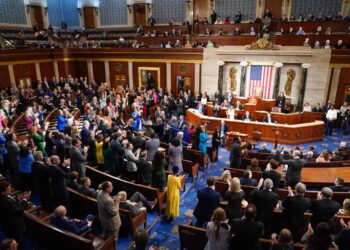By Emmanuel Nduka Obisue
South African President Cyril Ramaphosa said on Wednesday that the United States’ decision to skip the G20 summit in South Africa later this month would not stop the meeting of the world’s leading economies.
Pretoria and Washington have clashed over a range of policy issues, including South Africa’s summit agenda, culminating in President Donald Trump announcing over the weekend that no US official will attend the Johannesburg gathering.
“We will take fundamental decisions, and their absence is their loss,” Ramaphosa told reporters in the coastal city of Cape Town. “In many ways, the United States is also giving up the very important role that they should be playing as the biggest economy in the world”.
Set for November 22–23, the summit will be the first time the G20 convenes on African soil.
South Africa, which currently chairs the G20, aims to use its presidency to promote Global South priorities, including boosting climate resilience and addressing debt challenges in developing countries, before passing the baton to the United States next year.
The US has described South Africa’s summit theme, “Solidarity, Equality, Sustainability,” as “anti-American”.
“They’ve chosen to boycott, and boycotting never achieves anything of great impact, because decisions will be taken that will move the various issues ahead,” Ramaphosa added, referring to expected discussions on the cost of debt, a key concern for developing nations.
Since returning to the White House in January, Trump has repeatedly criticized South Africa. He has made unfounded claims that white Afrikaners were being systematically “killed and slaughtered” in the country and confronted President Ramaphosa in the Oval Office with a video alleging a campaign against white farmers. South Africa’s government denies any such policy.
In May, Trump offered refugee status to Afrikaners, descendants of the first European settlers; the first group of around 50 has already been flown to the United States on a chartered plane.
Pretoria has also faced criticism from the Trump administration over its case against Israel at the International Court of Justice (ICJ) and its laws designed to empower black South Africans, part of efforts to address inequalities inherited from apartheid.
Founded in 1999, the G20 comprises 19 countries and two regional bodies—the European Union and the African Union. The bloc represents 85% of the world’s GDP and roughly two-thirds of its population.
